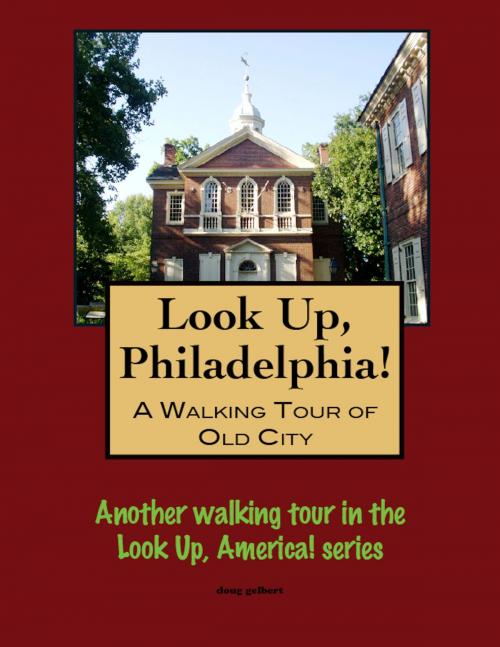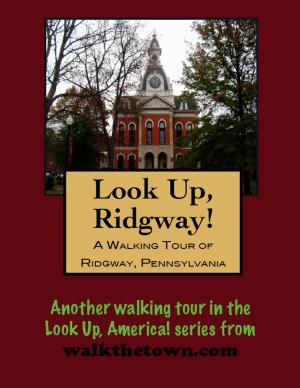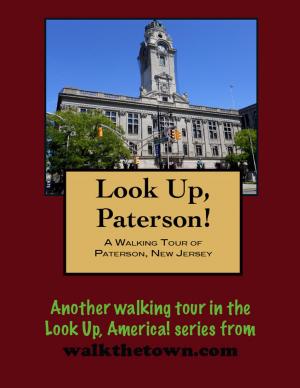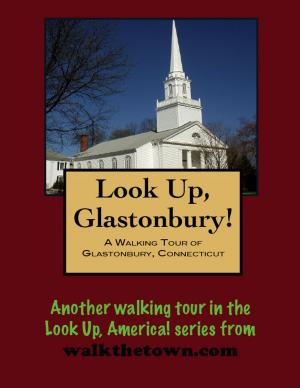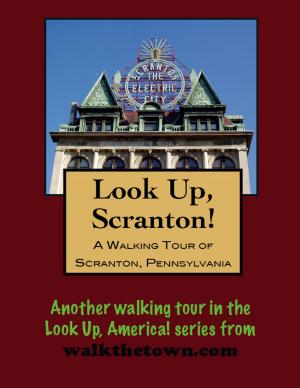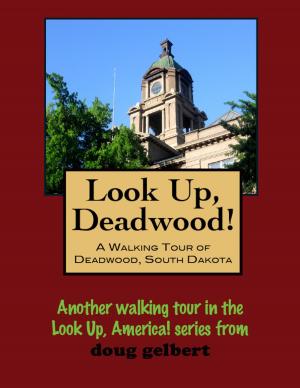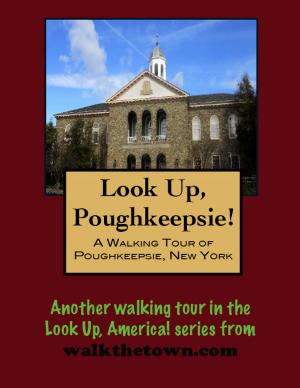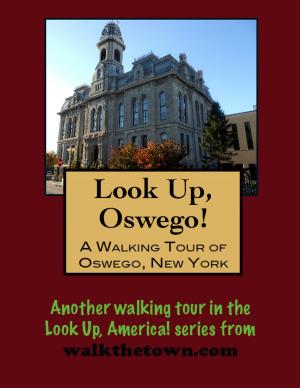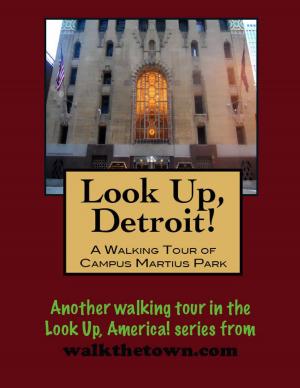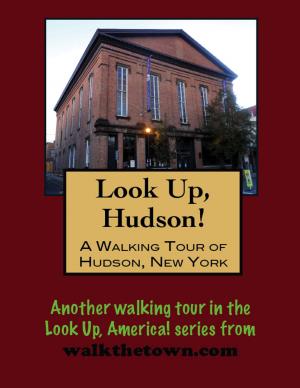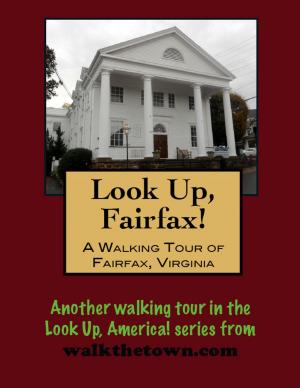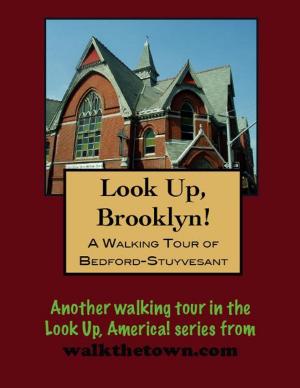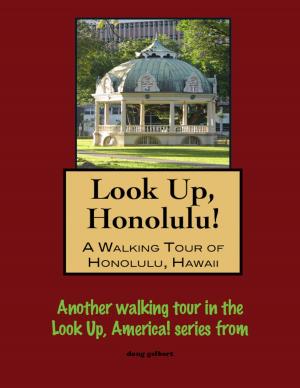| Author: | Doug Gelbert | ISBN: | 9781452307619 |
| Publisher: | Doug Gelbert | Publication: | January 11, 2010 |
| Imprint: | Smashwords Edition | Language: | English |
| Author: | Doug Gelbert |
| ISBN: | 9781452307619 |
| Publisher: | Doug Gelbert |
| Publication: | January 11, 2010 |
| Imprint: | Smashwords Edition |
| Language: | English |
There is no better way to see America than on foot. And there is no better way to appreciate what you are looking at than with a walking tour. Whether you are preparing for a road trip or just out to look at your own town in a new way.
Each walking tour describes historical and architectural landmarks and provides pictures to help out when those pesky street addresses are missing. Every tour also includes a quick primer on identifying architectural styles seen on American streets.
William Penn envisaged a beautiful waterfront for his city — something similar to the embankment in London, but this was not to be. The area early became a scene of great commercial activity, and wharves, warehouses, and taverns sprang up, as they have for centuries, in waterfront cities throughout the world. The district is thus one of the oldest and most historic in the city, for it was from the banks of the Delaware that Philadelphia grew westward toward the Schuylkill River.
Construction was started on Independence Hall in 1732, only fifty years after the founding of the city by William Penn. At the time, the area between 5th and 6th Streets, where the most ambitious building ever planned in the American colonies was being built, was still on the edge of things. Forty years later, when events leading to a declaration of independence by a gathering of rebels made this the birthplace of America the city had grown as far as 8th Street. The port was thriving but the streets were still unpaved.
There were dwellings in Old City — Elfreth’s Alley and Loxley Court attest to that — but they were modest homes in contrast to the larger ones to be seen in Society Hill. By the 1960s Odl City had long ago ceased to be the city’s pulsing financial center. Manufacturers had departed as well. Cheaper rents now again attracted artisans and craftspeople. The spacious 19th century buildings offered a perfect locale for contemporary art galleries and stores offering the fine crafts of this new population — particularly furniture. Today, Old City is home to more than 30 galleries interwoven in th ehistoric district.
This walking tour will start at Philadelphia’s number one tourist attraction - at the south end of Independence Mall where the Liberty Bell stands opposite Independence Hall...
There is no better way to see America than on foot. And there is no better way to appreciate what you are looking at than with a walking tour. Whether you are preparing for a road trip or just out to look at your own town in a new way.
Each walking tour describes historical and architectural landmarks and provides pictures to help out when those pesky street addresses are missing. Every tour also includes a quick primer on identifying architectural styles seen on American streets.
William Penn envisaged a beautiful waterfront for his city — something similar to the embankment in London, but this was not to be. The area early became a scene of great commercial activity, and wharves, warehouses, and taverns sprang up, as they have for centuries, in waterfront cities throughout the world. The district is thus one of the oldest and most historic in the city, for it was from the banks of the Delaware that Philadelphia grew westward toward the Schuylkill River.
Construction was started on Independence Hall in 1732, only fifty years after the founding of the city by William Penn. At the time, the area between 5th and 6th Streets, where the most ambitious building ever planned in the American colonies was being built, was still on the edge of things. Forty years later, when events leading to a declaration of independence by a gathering of rebels made this the birthplace of America the city had grown as far as 8th Street. The port was thriving but the streets were still unpaved.
There were dwellings in Old City — Elfreth’s Alley and Loxley Court attest to that — but they were modest homes in contrast to the larger ones to be seen in Society Hill. By the 1960s Odl City had long ago ceased to be the city’s pulsing financial center. Manufacturers had departed as well. Cheaper rents now again attracted artisans and craftspeople. The spacious 19th century buildings offered a perfect locale for contemporary art galleries and stores offering the fine crafts of this new population — particularly furniture. Today, Old City is home to more than 30 galleries interwoven in th ehistoric district.
This walking tour will start at Philadelphia’s number one tourist attraction - at the south end of Independence Mall where the Liberty Bell stands opposite Independence Hall...
